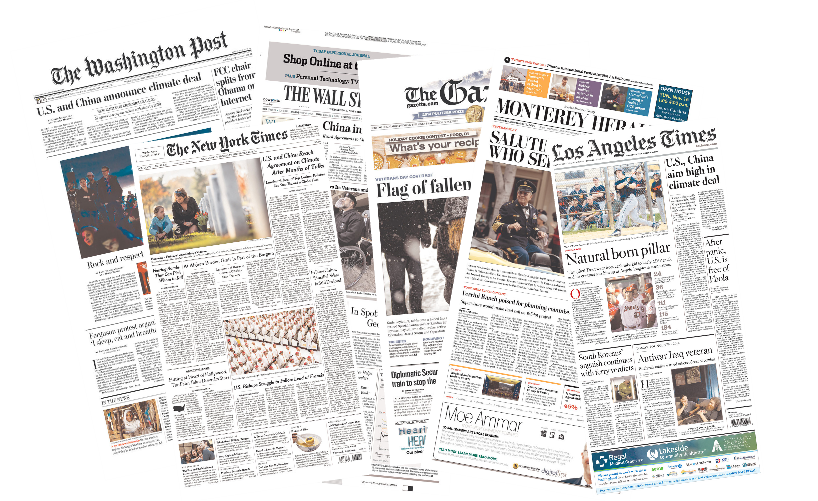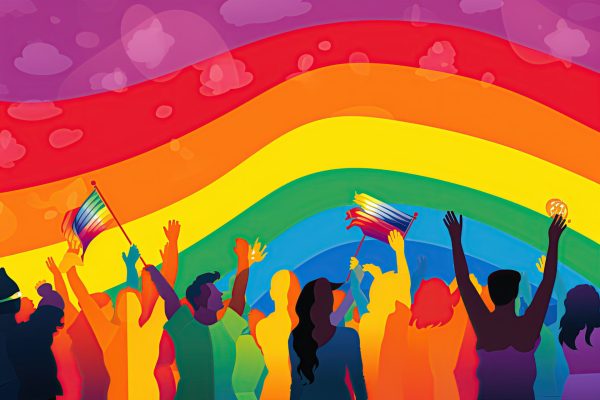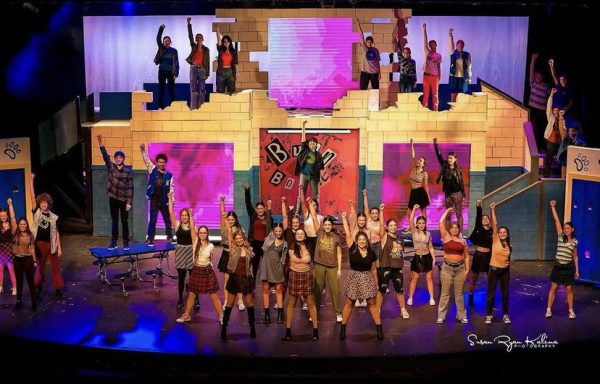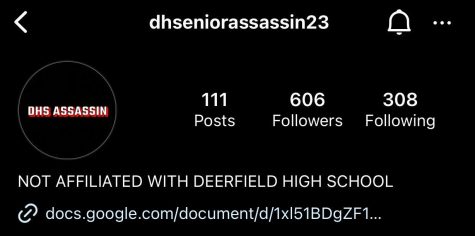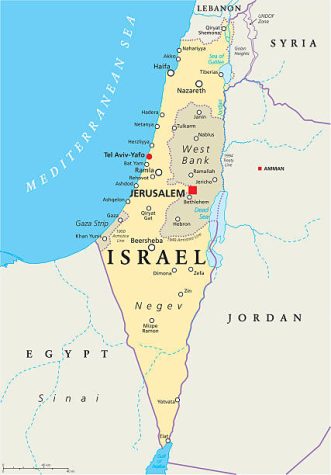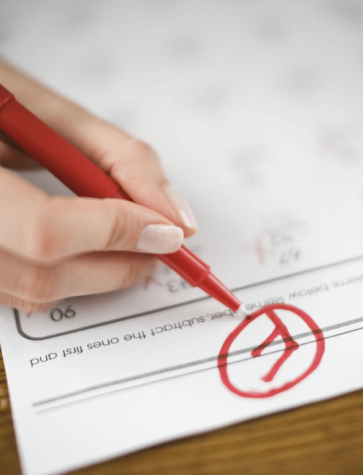Worldly knowledge extends beyond education, media
When you hear the word “ebola”, you might picture a hazmat suit, a zombie-like corpse and an apocalyptic world plagued by the rapid spread of a deadly virus; when you brainstorm current events, pop culture might subconsciously become your first response. This is the picture that the media paints, the picture that they overfeed consumers. Without a skeptical eye, your perception of reality is in danger.
These selective stories and misleading exaggerations appear everywhere from comics to tweets to headline news. With social media acting as a catalyst for this misdirected news, it is now more important than ever to be rightfully informed.
Data compiled by California State University of Northridge revealed that 59 percent of Americans can name The Three Stooges, while only 17 percent can name at least three justices of the U.S. Supreme Court. I myself am unfortunately included in this statistical imbalance, a result of not only distorted media coverage but also a personal lack of awareness.
As teenagers, students and members of society, we have the responsibility to know about the world we live in. Not just know the topics, but to take it upon ourselves to investigate the truth. This truth includes something as worldwide as the war in Gaza or ISIS and as local as the District 113 referendum.
With media outlets throwing news at consumers, the responsibility for truth appears to be optional, but it needs to be legitimized.
As teenagers, we face the constant struggle of wanting exemption from adult-like responsibilities yet begging for adult-like privileges. My car is a perfect example–I beg for the privilege of driving but neglect the responsibility of financial upkeep. But we can’t always have a foot on both sides of the line, and responsibility needs to be accounted for.
We too often rely on the I’m-still-a-kid excuse; as I venture into college and soon legal adulthood, that excuse is no longer usable. Ignorance is no longer blissful, but rather embarrassing.
Within the confines of Deerfield, it’s important to know the present issues in local elections as well as the benefits and downfalls of the referendum. Yet beyond Deerfield, a place we are all destined to reach, we have the responsibility to know even more. As we are exposed to less familiar topics, we are also simultaneously made susceptible to the biased opinions and media news surrounding us. We need to form our own opinions and be educated enough to do so.
Deerfield is the sixth best public school in the state of Illinois, but its students lack worldly knowledge beyond what our education offers.
Beyond the bubble we live in, our futures await us–a college experience, career options, traveling opportunities. Worldly knowledge not only appears respectable and professional, but the lack thereof threatens both one’s credibility and safety. While there is beauty and newness outside of our community, there is also hate and discrimination, to which we have a duty to know about and stand up against. We cannot just focus on the new and beautiful that is so often glamorized and publicized; mass media cannot be our only resource.
With the education I’ve been given, I owe it to society to utilize available resources and be able to work, travel and soon vote as a knowledgeable individual. It’s such an easy thing to do, with such a tremendous impact.
We cannot allow ourselves to be spoon-fed information; an education is useless without the pursuit of knowledge. Read and watch the news, but research further. And most importantly, ask questions. Every individual needs to strive to avoid ignorance in a generation under excessive influence of the media.

